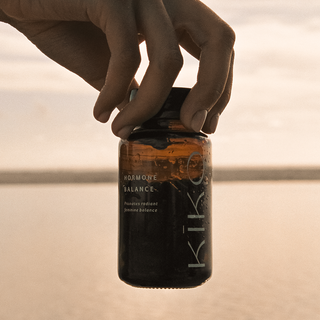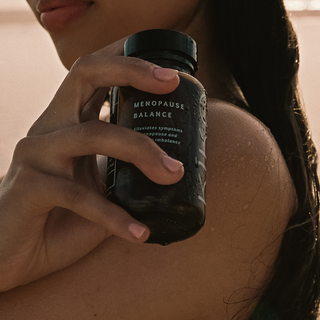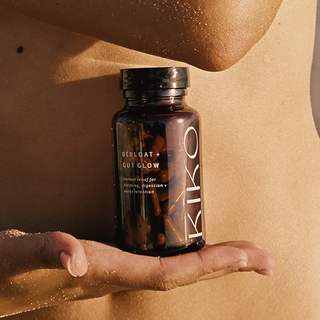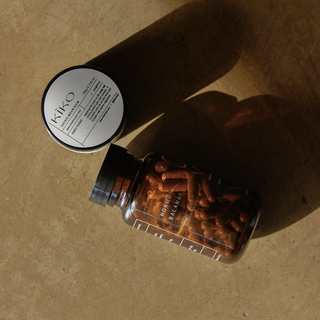
Coffee is undisputedly the most popular beverage among most people, with the average person consuming 1-2 cups of coffee per day. Despite the fact that many people enjoy coffee, the beverage is harmful to human health, particularly women, due to its high caffeine content. Coffee has a significant negative impact on a woman’s 28-day cycle, and when consumed in large quantities, it increases a woman’s chances of suffering from PMS.
Premenstrual Syndrome (PMS) is characterized by hormonal changes that affect women physically and emotionally just before their monthly period. PMS symptoms include breast tenderness, mood swings, irritability, food cravings, and depression. Though some women experience all of the symptoms of PMS just before their period, others only experience one. PMS can be difficult for most women to deal with, but, the syndrome can be alleviated with some lifestyle changes and a change in diet.
Coffee and PMS
Women with PMS are most depressed during their luteal phase, which is the third phase of a woman’s 28-day reproductive cycle. According to a study conducted by an American medical institution, women who suffer from PMS tend to drink more coffee than those who do not in order to boost their energy levels, which causes more harm than good.
A high intake of caffeine leads to disrupted sleep mostly for women who suffer from PMS. This is due to the adrenaline stimulant property of coffee, which remains in the body long after the beverage has been consumed. Some women believe that cutting back on coffee just before bedtime will help, but this will not work if you have consumed coffee all day. Hence, it is recommended that you avoid drinking coffee during your luteal phase to avoid disrupted sleep.
Caffeine stimulates the sympathetic nervous system and causes the release of adrenalin in your body, which is not a good thing during the luteal phase. This is because just before your period your estrogen and progesterone hormones are lowering, which causes mood swings and feelings of depression. Thus, drinking coffee can make you feel anxious and jittery rather than give you energy. During this time, we recommend that you take hormone balancing pills instead of drinking too much coffee to boost your energy level.
Drinking coffee during your luteal phase can also increase the digestion problems most women who suffer from PMS experience. A decrease in estrogen levels during this time slows gut contractions and makes waste passage more difficult. Coffee’s high caffeine content tends to increase gastrointestinal challenges for women during the week before their period, so it’s best to avoid coffee during this time to avoid unpleasant digestion issues.
Medical experts recommend that women consume nutritious foods and supplements that increase energy levels in the body to avoid or reduce the effects of PMS. Nutritious foods to eat during this period include cauliflower, cucumber, squash, caffeine-free herbal teas, sesame seeds, spinach, brown rice, protein of choice: tofu, chicken, lean meats, fish and seafood. Instead of your morning coffee swap it with sparkling water or caffeine-free tea. During this time, we recommend that you take our KIKO Vital hormone balancing pills. The KIKO Vitals hormone balancing pills contain all of the essential nutrients that will nourish and boost the energy levels of your body.
Conclusion
Coffee has always sounded like a good idea because most women nowadays require as much energy as they can get to get through their busy schedules. However, now that you are aware of some of the negative effects of coffee on your body, cutting back on the beverage will benefit you greatly. Reduce your coffee consumption; instead of drinking coffee, take hormone balancing pills, especially during the days before your period; this will be more beneficial and a great way to support your body.




